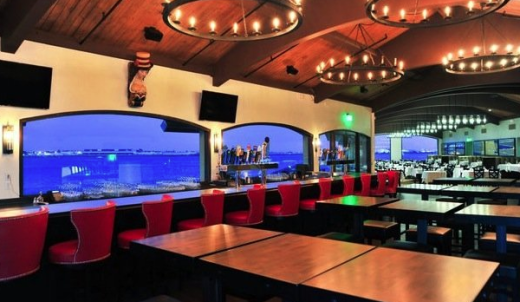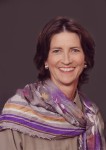
Date: Thursday, February 25, 2016
Time: 5:30 pm Check-in, 6 pm Start
Location: San Diego Press Club
The Historic Spreckels Building
121 Broadway Suite 640
San Diego, CA 92101
Attendance is limited to the first 40 respondents. Click here to sign up.
Mary Beth McCabe, National University
How do you search for jobs now? What’s different?
Social media has changed how the traditional job seeker branded themselves, applied for jobs that were professionally satisfying and challenging, and provided career advancement.
Previously, seekers applied for jobs they saw advertised in job boards and newspapers. Recent job seekers are more sophisticated as to who they sought as employers and who was interviewed. Social media analytics connect the job candidates with the positions, in many cases.
Furthermore, how employers seek candidates through social media has caused disruption of traditional recruitment practices. Social media has disrupted traditional recruitment marketing strategies. Let’s explore how to use these tools to find jobs that advance careers for NATAS PSW and Press Club members and learn more about how placement firms provide guidance to firms recruiting candidates.
Agenda:
The deliverables of the session are:
- Understand how social media, such as linkedin.com leads to better jobs
- Evaluate the quality of profiles on Linkedin.com
- Learn how job seekers can start and grow your own groups
- Learn how to acquire and give recommendations
You can build professional recommendations by simply asking people and telling them your intentions clearly. Nothing is more effective than a third party referral, and this is one of the key benefits of linkedin.com.
In addition, you can download your own personal data for analysis. All it takes is your e-mail address and a password to get started. Social Media websites make money by selling ads, job postings, research data, and memberships.
During the interactive presentation, each person will speak to the person next to them briefly about their experience, lack of, or what they need to learn better. Then one of them will share what they learned from each other.
Questions from the audience at conclusion.
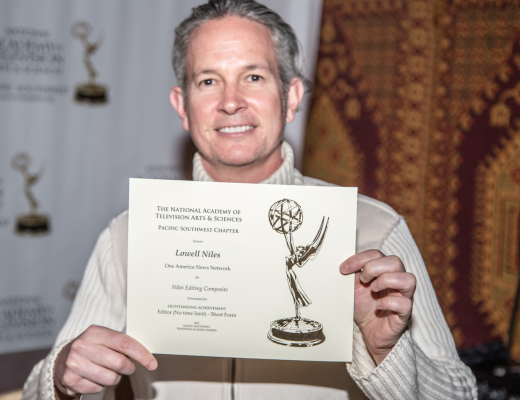
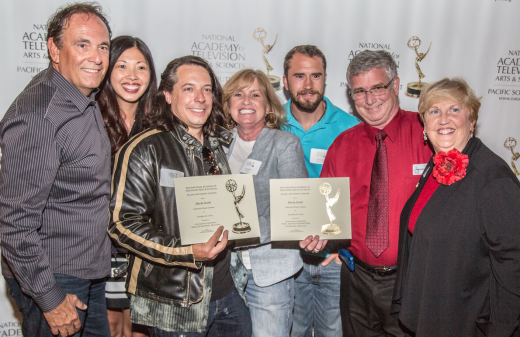
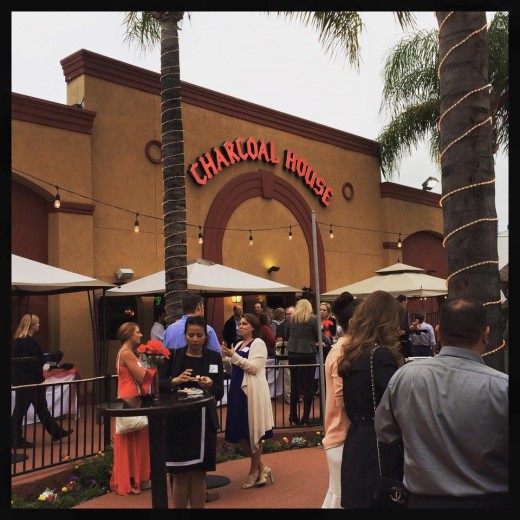
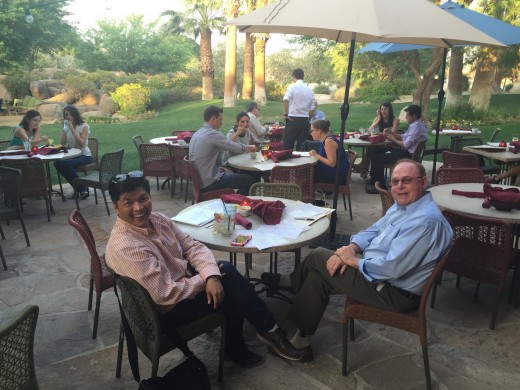
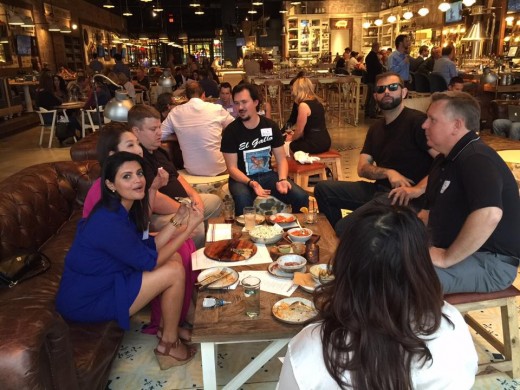



![]()
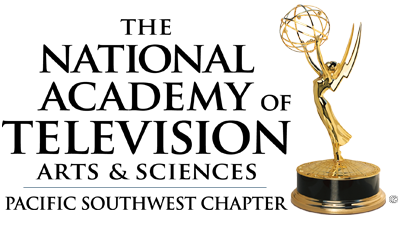
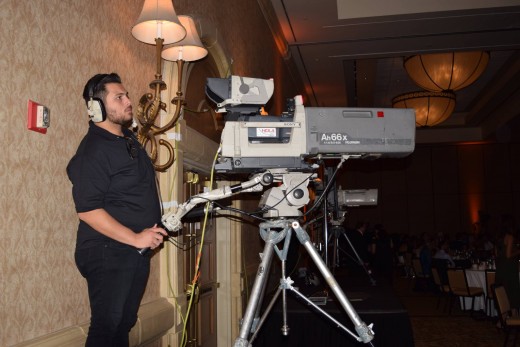
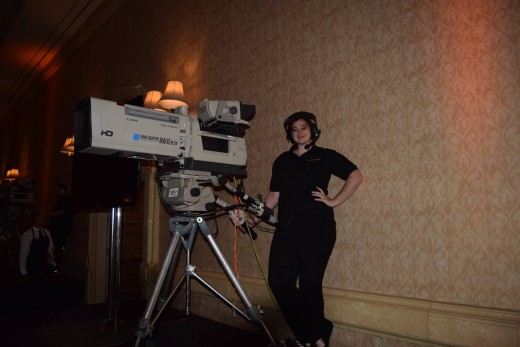


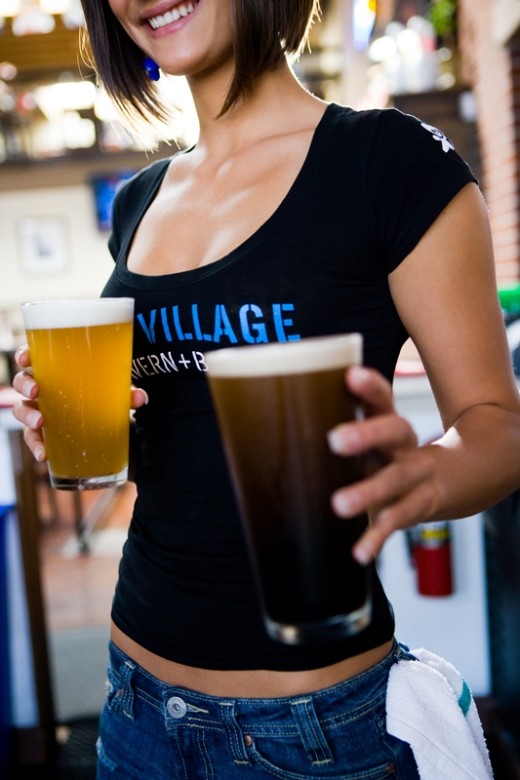
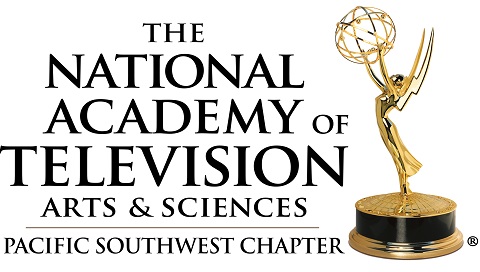
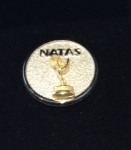 Let us know and nominate them to become a Silver Circle member.
Let us know and nominate them to become a Silver Circle member.
